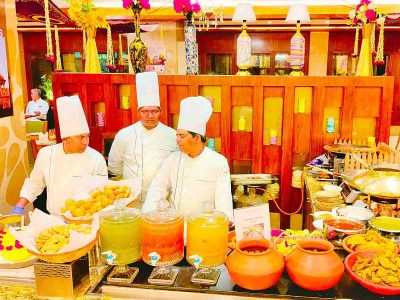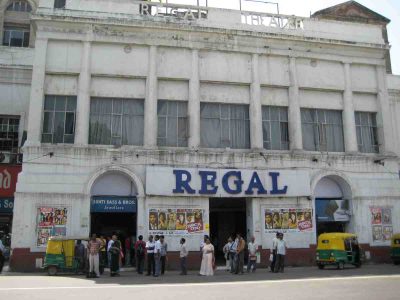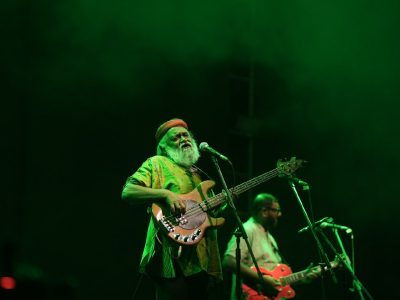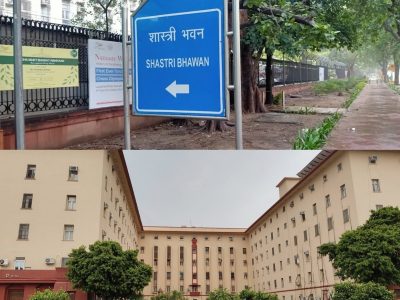The 14th edition of India Art Fair held at NSIC Exhibition Ground at Okhla explored many intersections between art and everydayness of life. The fair, which started on February 9, featured diverse voices of artists with its focus on south Asian art.
With a line-up of 85 exhibitors, including 71 galleries and 14 institutions, the fair explored convergence of art and technology with the programme ‘Digital Artists in Residence’ providing hands-on sessions for those looking to develop creative skills on a digital platform.
The sessions, which included drawing from observations to unearthing digital archives, became popular among visitors as well.
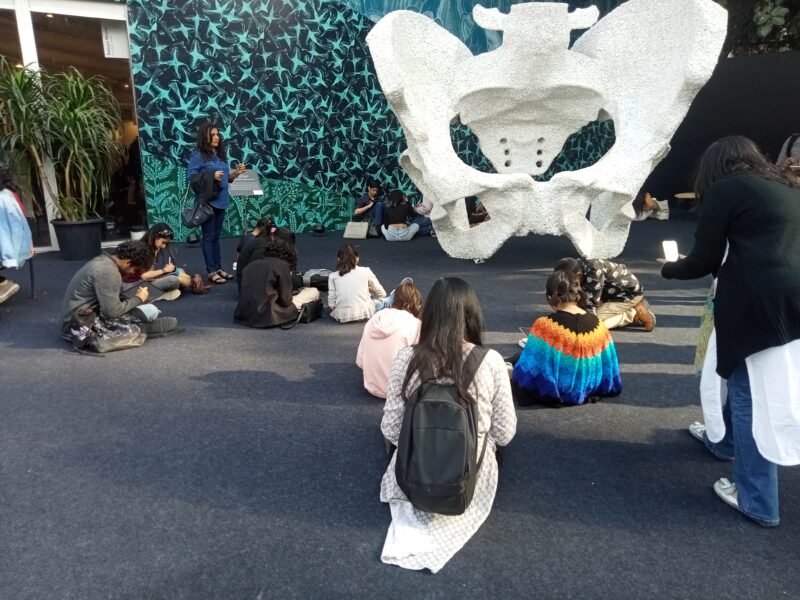
The Inclusion Lab, programmed by Access for All and supported by Kolkata Centre for Creativity, was an open, non-judgemental and inclusive space for children with disabilities, adults with varied needs, and people coming from different minorities. Regular visitors created art in different sessions to express themselves.
“The programme has become so popular among visitors that they are waiting in a queue outside. We do not even have time to prepare for the different workshops as people are eager to participate,” says Siddhant Shah, an Access Consultant in the workshop area.
The intersection between art and politics was also featured with the works of Vikrant Bhise and Mayuri Chari depicting the Ambedkarite art and works around women’s bodies. Bhise’s art revolves around caste atrocities, Dalit Panther movement, and the conditions of labourers.
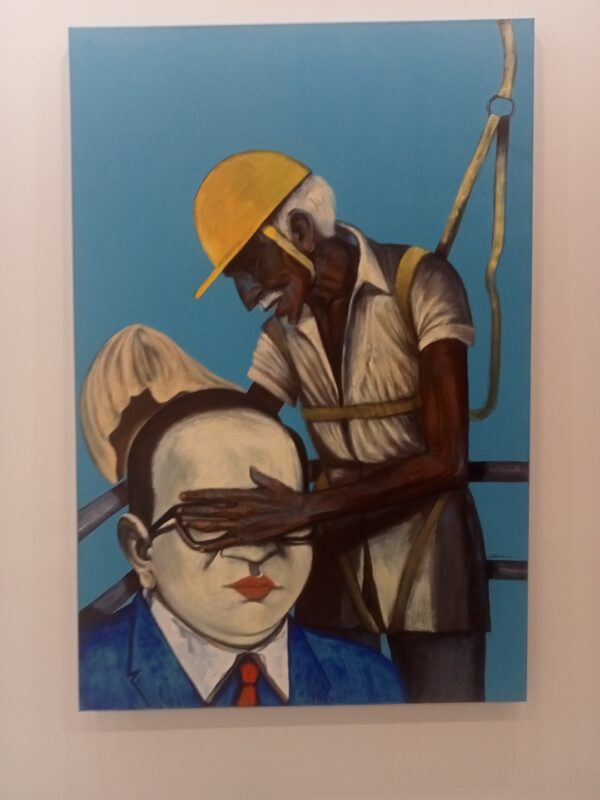
In the same breath, an art performance by Prabhakar Kamble titled ‘Protected Ignorance’ highlighted how the ignorance of caste system in India is a privilege and brought attention to the importance of acknowledging and understanding caste system and its effect on lower castes.
“This edition of India Art Fair has been our most ambitious to date, with a fourth exhibition hall to accommodate an increase of gallery applicants and visitors. The fair continues with its expanded Young Collectors Programme aiming to educate and empower new collectors to make their first purchases, providing a gateway and entry point for collecting art and culture. We are dedicated to promoting pioneering South Asian art, elevating a diverse array of powerful artists, voices, and art forms, including those from lesser-known parts of the country,” says Jaya Asokan, Fair Director of India Art Fair.
Apart from galleries, art performances and workshops, talk series around different topics were also held in the auditorium. Curated by Shaleen Wadhwana and supported by Shiv Nadar – Institutions of Eminence, the talks aimed at critical issues concerning art and society. The talks concerned topics such as environment and sustainability, art and technology, queer voices in art, disability (with)in the art, lessons for young artists, voices from marginalised communities, and privilege of being an English-speaking artist. All the talks were also conducted in Indian sign language.
“It is incredible how talks and art around those marginalised and forgotten from the art world are finding their space. I would say that the inclusivity in the fair is what makes it so great,” says a visitor at the art fair.
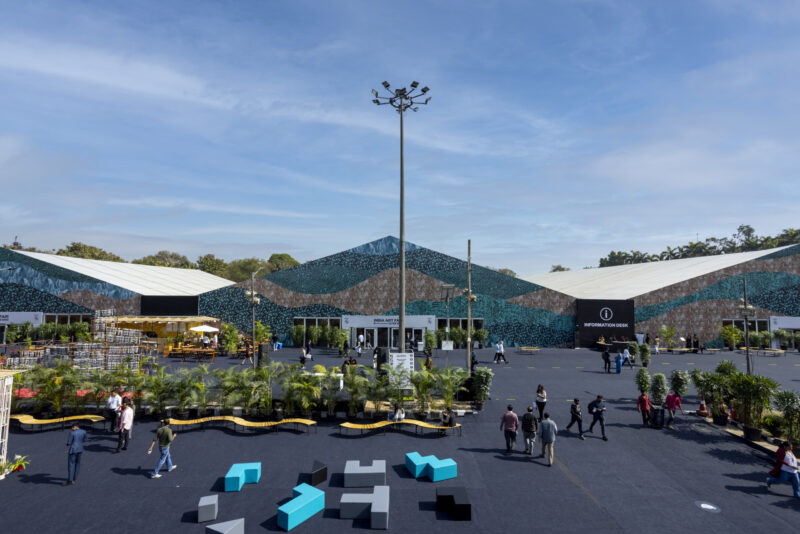
international visitors
Led in partnership with BMW India for the seventh time and with artists’ voices at its centre, the fair brought together galleries, collectors, institutions, artists, organisations and art lovers alike, fostering crucial opportunities for dialogue, discovery and exchange.
“India Art Fair is a celebration of the beauty that humans are capable of creating. India Art Fair makes an effort to be inclusive, which is the essence of what defines this fair,” says Thomas Girst, Head of Cultural Engagement, BMW Group.
The fair attracted an audience enamoured by the south Asian art scene, and those curious to learn more, including a significant number of private collectors as well as representatives from local, regional, and international art institutions. The big turnout highlighted the fair’s reputation.
The fair also welcomed representatives from over 10 leading cultural festivals, collectives and foundations in the institutions section, including Kiran Nadar Museum of Art (New Delhi / NOIDA), Britto Arts Trust (Dhaka), Devi Art Foundation (New Delhi), Art & Soul Foundation (Mumbai), Purushottam Public Trust (Vadodara), Space Studio (Vadodara), K and Prameya Art Foundation (New Delhi).
The fair saw a rise in international visitors and robust sales from both established and new collectors from across south Asia and around the world.
Throughout the week, galleries reported robust sales, with many highlighting an enthusiastic response from both established and emerging collectors cementing the strength of the Indian market. Many at the fair noted that the India Art Fair provided a great platform for meeting new collectors.
Vadehra Art Gallery sold an artwork by Rameshwar Broota for $200,000 to a private collection in the UK, and another by Balkrishna Doshi for $100,000 to Kiran Nadar Museum of Art; Galleria Continua reported sales by Anish Kapoor, Subodh Gupta, Nikhil Chopra, Shilpa Gupta, Loris Cecchini, Kiki Smith, Alejandro Campins and Osvaldo González within a price range of $5,000 to nearly $9,00,000, with an average price of $20,000 to $30,000; Chemould Prescott Road sold a number of works including a sculpture by NS Harsha for ₹55 lakh ($66,650); Nature Morte sold a work by Tanya Goel for over ₹50 lakh ($60,600) and another by Reena Saini Kallat for over ₹20 lakh ($24,200); Latitude 28 sold out 75% of their booth in the first two days, including works by Sanket Viramgami and Yogesh Ramkrishna which are priced at ₹8 lakh (USD 9,700) each.


